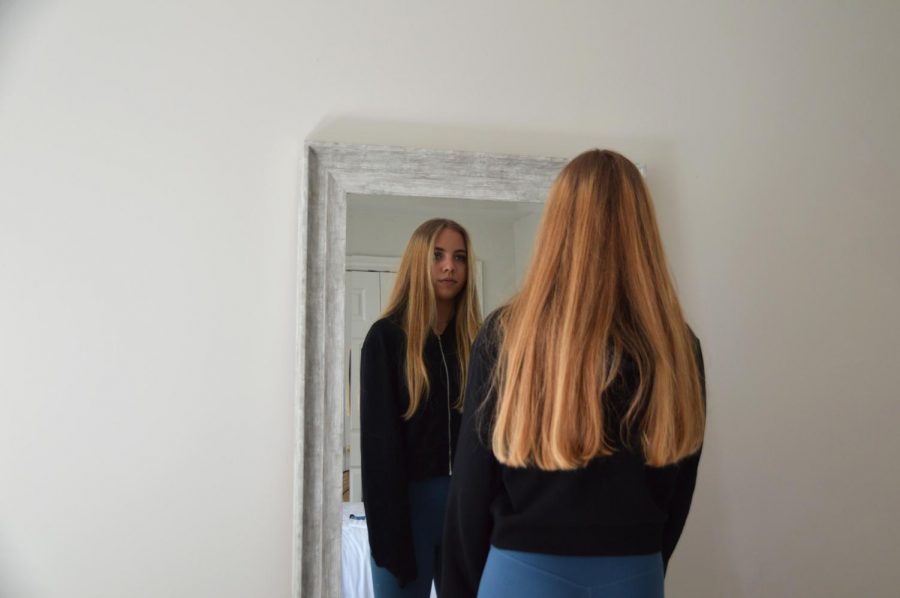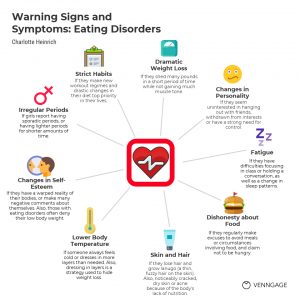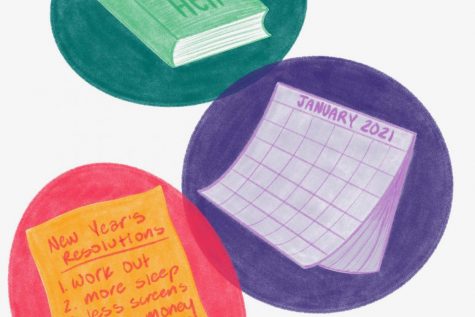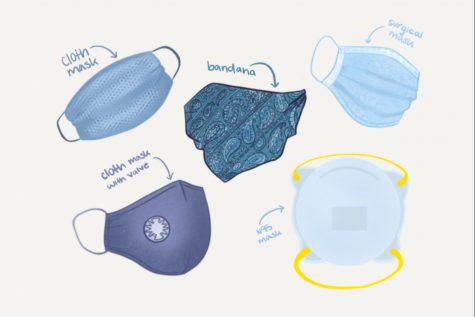VoK collection: Students share experiences with eating disorders
“You need to create that healthy relationship with your body and food,” Anonymous said. “You need to know that no matter what you see when you look in the mirror you are beautiful.”
*TW: This story discusses material that may be upsetting for those who have experienced an eating disorder
If you or someone you know is struggling with an eating disorder reach out to someone and get help.
Resources include:
National Eating Disorders (NEDA) Helpline: available Monday-Thursday from 9 a.m. to 9 p.m. ET, and Friday from 9 a.m. to 5 p.m. ET.
NEDA phone number: (800) 931–2237
The week of March 1-March 7, 2021 was National Eating Disorders Awareness Week. TKC wanted to share the stories of students who have dealt with an eating disorder.
Amanda Ralston • Junior
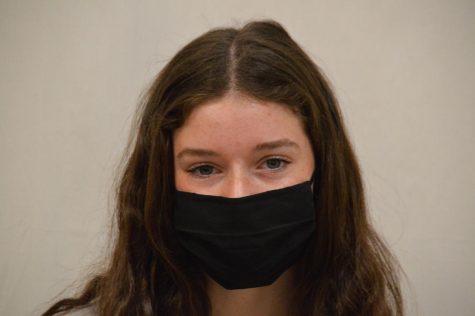
TKC: Why do you think the running community has so many issues with eating disorders?
AR: “One of the big phrases for people in the running community with eating disorders [is] ‘Smaller doesn’t equal faster.’ [People think] if you’re lighter you can move your legs quicker. A lot of people want to look like that stick thin stereotypical runner [because] they think it would make them faster, but it really does not.”
TKC: Have you noticed your mental health improve since you’ve gotten help?
AR: “I’m so much happier now that I’m eating more because I was just so irritable all the time. I’m an extrovert, so I get really sad when I don’t see other people, but I didn’t want to [hangout with anyone] because I was so tired all the time. [Now] having energy to go out and be with my friends really helped [my mental health].”
Avery Grabau • Senior
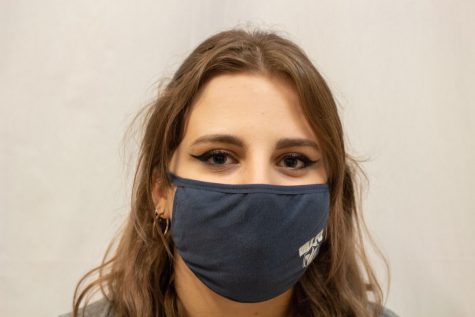
TKC: Can you describe the mentality of an eating disorder?
AG: “The most difficult thing with an eating disorder is learning body dysmorphia is normal [to experience]. You are going to look in the mirror and not like what you see, and you have to find a way to move on from that [and] love yourself. If you don’t you’re going to continue down that path. For me, I would look in the mirror and see all the things I wanted to change. It was about control.”
TKC: Have eating disorders been normalized in society?
AG: “Yes, I know plenty of people who claim to have never had an eating disorder but say [they’ve] only had one meal a day. We have created a society where we see food as good or bad when in reality it’s what we need. Diet culture promotes these regimens that the minute you go off of them you are going to gain the weight back and you’re going to be miserable.”
Christopher Plants • Junior
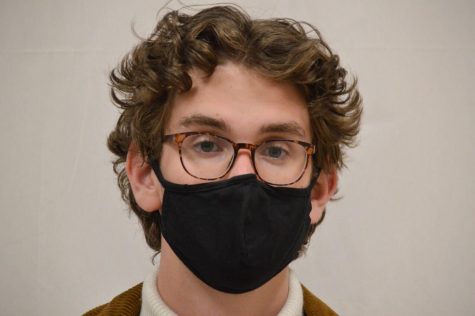
TKC: What was your experience like?
CP: “Even though I knew not eating wasn’t going to help the fat I did have, I still did it. It started hurting my grades and attention span because I wasn’t getting the nutrients I needed.”
TKC: How are eating disorders different for men?
CP: “No one talks about [eating disorders in men], so when you experience it it’s hard to know what to do with it. In the society we live in people don’t look [at] the inside as much, they look on the outside. With nutrition and exercise magazines there’s always words like ‘get abs now.’ Abs for men are the standard – if you have abs you are hot – it puts pressure on men to workout, lose weight and get abs when in reality that’s not what’s really important.”
TKC: What are your thoughts about diet culture?
CP: “[Diet culture] is leading teens down a [disordered] path unknowingly. [Teens] think they’re doing all these things to help their body when in reality they are just starving themselves. Something needs to be done because teens are hurting because of it.”
Edie Wheeler • Junior
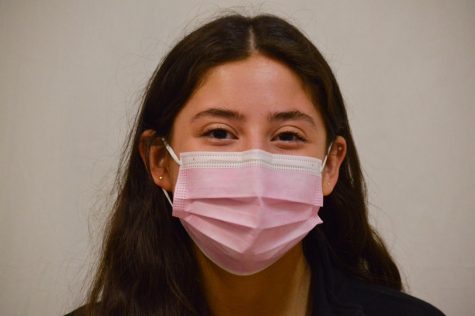
TKC: What is the background on your eating disorder?
EW: “It stemmed from the time when everyone was talking about using quarantine to better yourself and to start working out at home. I have ADHD and something that ADHD does is it takes away your appetite, so I wouldn’t be eating and I would be focused so much on everyone else getting fit so [I thought] I guess I will [get fit] too. And I’ve been a dancer my whole life, and I feel like there’s so much pressure on you because people are always looking at your body. You’re always getting told to suck in, be skinny and wear a leotard and tights. In a way, you’re putting yourself in a position to be scrutinized.”
TKC: What strategies did you use to help with your eating disorder?
EW: “I’m contradicting myself, but social media [helped] because I could follow accounts that promoted body positivity and were motivational. Seeing those little reminders everyday helped a lot, and getting rid of things on my social media feed that would make me not want to eat [helped, too].”
Eva Gianino • Senior
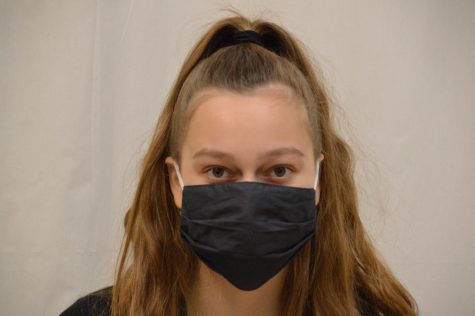
TKC: Do you think your friends noticed your eating disorder?
EG: “I don’t think it was very noticeable except for the fact that during the really bad parts, I would tell them I don’t wanna hangout and they would [ask] why and I would be like ‘I’m just gonna be mean.’ Because I knew that I had a temper with everyone because I was so angry and frustrated with myself and the situation.”
TKC: How were you surprised by your eating disorder?
EG: “I was very insecure about being so thin because I was [naturally] thin and I [thought I] was never gonna gain weight. Once I started to gain weight, my whole situation flipped upside down, and now I’m insecure about being too big. That was how my brain was. I wasn’t actually big, gaining any weight at all [made me feel] insecure about being too big.’”
TKC: Why is it such a long battle?
EG: “When you’re hating on yourself everyday for so long you equals bad, and you have to train yourself that [the way you look] is ok. When you tell yourself [body negativity] everyday and you work into a routine of trying to change yourself, it’s very difficult to make yourself think that you are ok the way you are, and [understand that] you don’t need to change.”
Everette Saylor • Junior
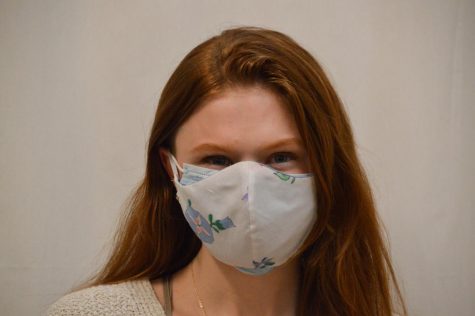
TKC: What was your experience like?
ES: “I was diagnosed at the end of my seventh grade year. During that time I was just the worst I had ever been mentally. I’ve always been naturally slim, but in my head [I felt] if I ate I would gain weight and people [wouldn’t] like me. [Now] I don’t base what my body should look like off of other people’s opinions.”
TKC: Why do you think eating disorders are so prevalent specifically among high school girls?
ES: “[Ideal body types] have gotten to a point where it’s not healthy, it’s just pressure from society to look like the perfect person. There’s only a very small part of the world that looks like what people consider the perfect person, and it’s not worth killing yourself to try and look that way because you’re meant to be different from everyone else.”
TKC: How should people go about supporting a loved one with an eating disorder?
ES: “I didn’t talk to a lot of my friends because I thought they would think that I was searching for attention. Being able to go with someone I trust and have a good meal and a good talk sounds easier than being alone and forcing myself to eat. Sometimes somebody just needs to be there to listen, and if it gets [severe reach out to someone].”
Maddie Gartland • Senior
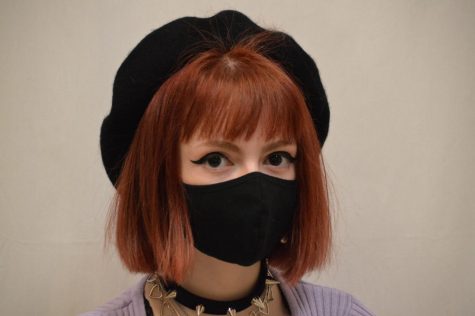
TKC: How would you describe the mindset of someone suffering from an eating disorder?
MG: “There’s a rational side and an irrational side. You know you need to eat for fuel, but there is the other side that you like the way you look when you don’t eat and seeing the number on the scale. [It seems to become] worth the health risks.”
TKC: Do you think diet culture impacts eating disorders, and how?
MG: “Our society kind of promotes disordered eating. There is always stuff in the media about how to lose weight. There’s clothes brands like Brandy Melville where it comes in one size and it’s tiny. There’s people on social media promoting [drinking one coffee a day]. That can definitely lead people to an eating disorder. I know that’s what happened with me and eventually it spiraled out of control.”
Taylor Losse • Senior
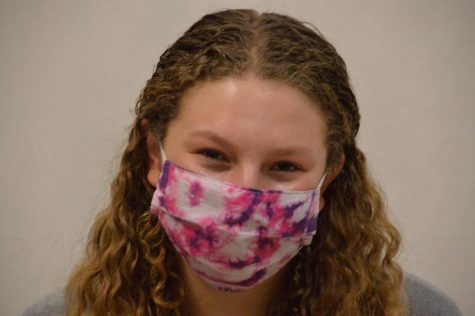
TKC: How would you describe the mindset of an eating disorder?
TL: “It’s a lot more than just not eating or binging and purging; it’s more than the behaviors. For me, I would struggle with the thoughts because in class I would be focusing on food, I couldn’t focus and would have headaches all the time. The thoughts don’t go away.”
TKC: What needs to be done to create more awareness and resources for eating disorders?
TL: “I have reached out to the school for help before and was told ‘we’re not specialized in this.’ You don’t have to be specialized in eating disorders to offer support. I went to the doctor and they said I was in the early stage of an eating disorder [and I would] be fine, which is definitely not something you want to say to someone with an eating disorder because it is a competitive thing. [At KHS], I feel like when we teach about [eating disorders] in health giving the students time to talk would be helpful. It’s hard to sit there and listen to someone teach about eating disorders where you don’t see the emotion behind it. [With students sharing], then you could see it’s a normal thing, not just some crazy mental illness that only happens to certain people.”
Trinity Richardson • Junior
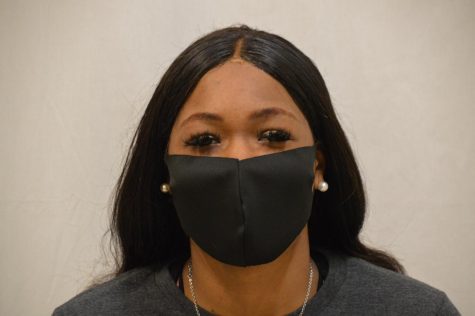
TKC: Why is getting help important?
TR: “It’s a step for yourself, [it shows that] you know what you need and what you are struggling with. It’s hard for some people to do. I used to not want to advocate for myself, [but] struggling is a lot worse than advocating for yourself.”
TKC: Which strategy to help you overcome your eating disorder was the most helpful?
TR: “A lot of people don’t see how exercising can make a big difference. Even if it’s just going to take a walk in the park. Working out is so versatile. Exercising is the biggest [helpful strategy because] it became a healthier way to lose weight.”
Anonymous

TKC: Why do eating disorders affect mental health?
A: “When you have an eating disorder, it’s less of a not eating thing and more of a mental thing. It’s the way you see your body, and if you see your body in a negative way it makes you think less of yourself. It makes you have an excuse for keeping your mental health so bad. When I was depressed I was like ‘I deserve to be depressed, I deserve to be sad all the time because I’m fat or ugly.’”
TKC: Do you think there are perceptions about eating disorders that are inaccurate?
A: “People assume that it’s either a super skinny girl or super fat girl that has an eating disorder, [but] anyone can have an eating disorder. Also I feel the perceptions behind men having an eating disorder are very not thought about because anyone can have an eating disorder: men, women, whoever. It’s not a gender thing or an age thing or a size, anyone can have one.”
TKC: If you could give any advice to others struggling with an eating disorder what would you say?
A: “You need to create that healthy relationship with your body and food, you need to know that no matter what you see when you look in the mirror you are beautiful. No matter what body type you have, no matter what you look like you are beautiful and your body deserves to eat and be healthy.”
Anonymous
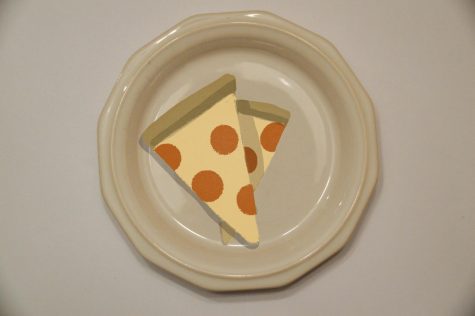
TKC: What was your experience with an eating disorder?
A: “I had a mix between bulimia and binge eating. I just feel like a lot of people only talk about anorexia. I always consider [eating disorders] as like a competition. People will say ‘you aren’t skinny enough to have an eating disorder.’ It just [becomes] a violent cycle.”
TKC: Why do you think anorexia is talked about more than other disorders?
A: “My whole life I was never a [size] two or a four — I was always an eight or a ten, and most people think you didn’t have an eating disorder unless you went from a ten to a four and that’s not true. You fluctuate [weight] all of the time. When I told one of my close friends they were like ‘no way, you didn’t have that.’”
Anonymous male
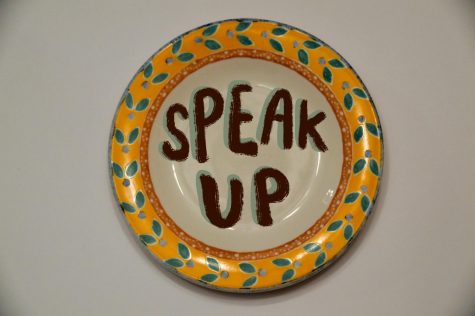
TKC: Why do eating disorders become addictive?
A: “You see the progress and it makes you feel better knowing that you’re doing something. But you don’t realize that you are starving yourself of nutrition and things you really need to survive. [You’re just losing] water weight. It’s addictive seeing your weight go down and [looking] thinner even though it’s really unhealthy.”
TKC: Why do you think there’s a certain body type the media wants you to have?
A: “People think there’s only one right answer to things. People have a hard time believing that everyone is different, and [people think that] everyone has to be 100% perfect, even though they themselves are not.”
Your donation will support the student journalists of Kirkwood High School. Your contribution will allow us to purchase equipment and cover our annual website hosting costs.

she/her
Hobbies/interests: running, walking, friends/family, traveling, drives, sunsets
Favorite Song: "august" by Taylor Swift
Favorite Quote:...

she/her
Hobbies and Interests: Cross country, track, hiking, baking and blasting music in my room.
Favorite Song: "I’m Like A Bird" by Nelly Furtado
Favorite...

she/they
Hobbies and Interests: Music (especially songwriting), painting, nature, spending time with loved ones, stalking people on Spotify and taking...
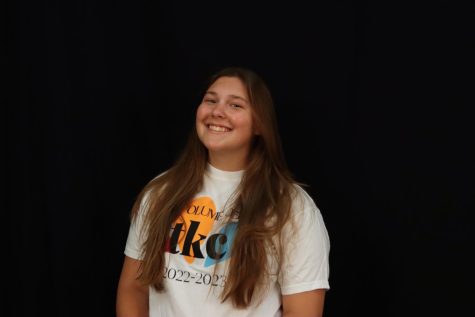
She/Her
Hobbies and Interests: reading, hiking, playing cards, hanging with friends, being with my cat
Favorite song: The Rainbow Connection by...


